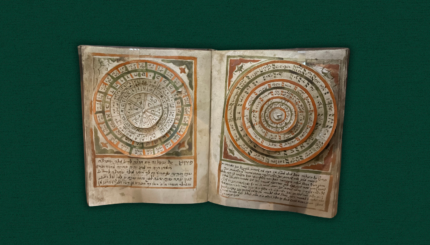Tu Bishvat, which begins tonight, is the fourth new year of the Jewish calendar. Beginning as a tax holiday for counting the age of trees in order to know when one could begin to use their fruit, the holiday has come to be a sort of Jewish version of earth day, as well as a celebration of the shivat haminim – the seven famous products of Israel and our connection to the land of Israel.
Although Jews lost many of our agricultural leanings after going into exile, trees are something that anyone can relate to, and many commentators have noted a connection between trees and human beings, and supported this connection with a verse from Deuteronomy.
The original verse is one which is part of Jewish rules of war, asking rhetorically, “When you besiege a city a long time, making war against it to take it, you shalt not destroy the trees by wielding an axe against them; for you may eat of them, but you shalt not cut them down; for is the tree of the field man, that it should be besieged?” (Dvarim 20:19)
Our rabbis took the verse not as a question, though, but as a statement: Humans are a tree of the field.
At this time of year, most trees (at least those in temperate climates) are bare. No one can tell if that tree will bear anything valuable or not – it is only the beginning of the year, and we will have to wait and see – will the sap rise in this tree? Will it flower? Will most of the branches live? Will the flower fruit, or will the blossoms fall unfertilized? Even if there is fruit, will it ripen, will animals eat it, will they rot on the tree?
There is no way to know yet. Similarly, with humans: we may be wise or foolish, righteous or wicked – until the sap rises, there’s no way to know. It is even true to a certain extent that how we grow is strongly influenced by our surroundings – is there a drought for learning, that leaves us ignorant of our own traditions? Are we forced to drink water which is muddy, or do we grow by a clear stream? Is there enough sun for us, or do we grow in the shade – and very importantly, is there someone to care for us, to make sure we grow straight?
But unlike trees, we also have some say over how we turn out. We may be trees of the field, but ultimately, we can choose to go where there is sun and water, to grow straight or be bent, to produce fruit, or to be a dry stick
.



